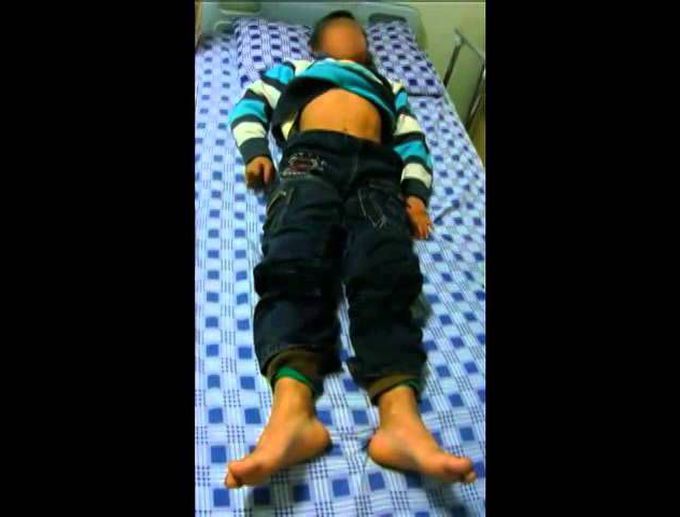


Sydenham's Chorea: A Manifestation of Rheumatic Fever
Sydenham’s chorea is a neuropsychiatric presentation of rheumatic fever secondary to group A beta-hemolytic streptococcus infection in children. Sydenham chorea presents as random, involuntary, and irregular movements of limbs, trunk, and facial muscles. It may also be accompanied by muscle weakness, unstable emotions, inability to focus, and halting gait. Sydenham chorea occurs secondary to auto-immune reaction to causative agent of rheumatic fever, resulting in damage to basal ganglia, a part of brain that controls motor functions. In case of mild chorea, bed rest may be advised during the episode. If the bedrest is ineffective, barbiturates and benzodiazepines may be administered. Valproic acid may also be prescribed. Source https://www.ninds.nih.gov/Disorders/All-Disorders/Sydenham-Chorea-Information-Page#:~:text=Definition,%2C%20trunk%2C%20and%20facial%20muscles.
This is how I got diagnosed as having had rheumatic fever as a child. I had so many strep infections that I ended up having had it but it was missed at the time (1960's).

